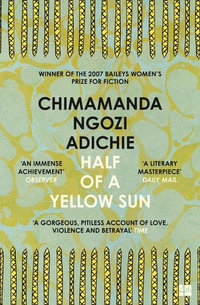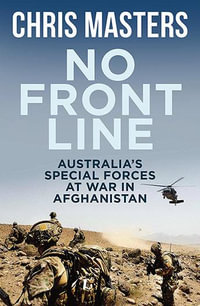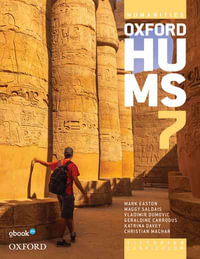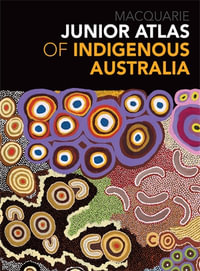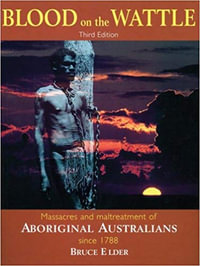Between 1949 and 1997, Hong Kong transformed from a struggling British colonial outpost into a global financial capital. Made in Hong Kong delivers a new narrative of this metamorphosis, revealing Hong Kong both as a critical engine in the expansion and remaking of postwar global capitalism and as the linchpin of Sino-U.S. trade since the 1970s.
Peter E. Hamilton explores the role of an overlooked transnational Chinese elite who fled to Hong Kong amid war and revolution. Despite losing material possessions, these industrialists, bankers, academics, and other professionals retained crucial connections to the United States. They used these relationships to enmesh themselves and Hong Kong with the U.S. through commercial ties and higher education. By the 1960s, Hong Kong had become a manufacturing powerhouse supplying American consumers, and by the 1970s it was the world's largest sender of foreign students to American colleges and universities. Hong Kong's reorientation toward U.S. international leadership enabled its transplanted Chinese elites to benefit from expanding American influence in Asia and positioned them to act as shepherds to China's reengagement with global capitalism. After China's reforms accelerated under Deng Xiaoping, Hong Kong became a crucial node for China's export-driven development, connecting Chinese labor with the U.S. market.
Analyzing untapped archival sources from around the world, this book demonstrates why we cannot understand postwar globalization, China's economic rise, or today's Sino-U.S. trade relationship without centering Hong Kong.
Industry Reviews
This is a magnificent book on how Hong Kong helped create concepts of the global. It is a very important contribution to our understanding of how postwar capitalism intensified and expanded. -- Odd Arne Westad, author of The Cold War: A World History
Hamilton highlights the dynamic, multilayered commercial, financial, family, and cultural networks between Hong Kong and the U.S., and unravels the deep-rooted ties established by students, industrialists, bankers, and academics over decades and generations. A sensitive, scholarly, and articulate study of migration, global capitalism, and U.S.-China and U.S.-Hong Kong relations. So timely. -- Elizabeth Sinn, author of Pacific Crossing: California Gold, Chinese Migration, and the Making of Hong Kong
An ambitious, provocative, and pathbreaking interpretation of the contributions of Hong Kong business elites to Sino-U.S. relations in the twentieth century. This work represents a major contribution to both international and economic history by raising questions and illuminating the nature of transnational networks and business institutions. -- Priscilla Roberts, coeditor of Hong Kong in the Cold War








